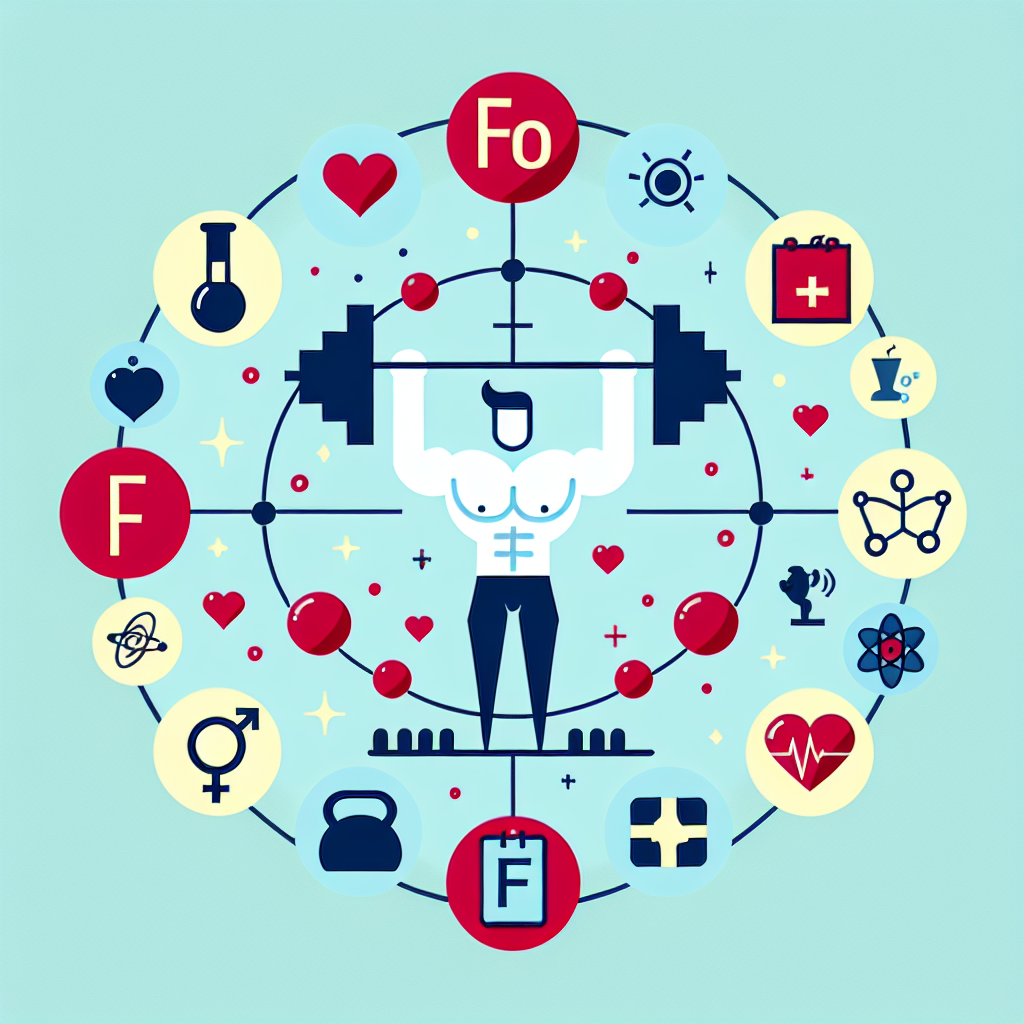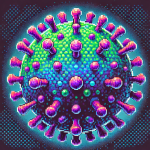
The Role of Iron in Men’s Health and Sexual Well-being
Sexual health is a broad area encompassing physical, emotional, mental, and social well-being related to sexuality. It’s not merely the absence of disease or dysfunction. Instead, it requires a positive and respectful approach to sexuality and sexual relationships, which can lead to an enriching and pleasurable experience. One crucial aspect of this is nutritional health, particularly focusing on nutrients like iron and their influence on sexual well-being.
The Connection Between Iron and Sexual Health
Recent reports have suggested a widespread global issue with malnutrition, particularly iron deficiency, which affects many aspects of health, including sexual health (UN News). Iron is a critical nutrient that supports oxygen transport in the body, influences neurotransmitters, and impacts hormonal balance – all essential components of a healthy sexual function.
While the report focuses primarily on women and girls, iron deficiency also significantly impacts men, leading to fatigue, mood swings, and decreased libido.
How Iron Deficiency Affects Men’s Sexual Health
In men, iron deficiency can lead to reduced testosterone levels, impacting mood, energy, and sexual desire. A healthy testosterone level is crucial for maintaining libido and overall sexual function. Moreover, fatigue and anemia, commonly associated with inadequate iron intake, can further diminish sexual interest and performance.
- Energy Levels: Iron plays an essential role in oxygen transport and energy production. Lower iron levels can lead to fatigue, impacting daily activities and reducing the desire for sexual activity.
- Mood and Cognitive Function: Iron is involved in the production of neurotransmitters that regulate mood. Its deficiency may lead to mood swings, depression, and anxiety, reducing sexual interest.
- Hormonal Balance: Adequate iron levels are necessary for synthesizing hormones, including those that regulate reproductive functions.
Addressing iron deficiency through diet or supplements is crucial, not only for preventing anemia but also for supporting overall sexual health and well-being.
Other Nutrients Influencing Sexual Health
While iron is crucial, several other nutrients also play vital roles in sexual health:
- Zinc: Essential for testosterone production and maintaining proper immune function. Zinc deficiency can lead to delayed sexual maturity and reduced libido.
- Vitamins D and E: Important for maintaining hormonal balance and reproductive system health.
- Omega-3 Fatty Acids: Support cardiovascular health, essential for erectile function.
Broader Implications for Public Health
The global malnutrition challenges underscore the need for increased awareness and proactive measures in addressing dietary deficiencies. Understanding the link between nutrition and sexual health can guide better dietary choices and healthcare interventions. Efforts from institutions like the WHO and FAO highlight these significant issues, aiming to improve global health standards and outcomes (BBC News Report.)
Improving public awareness about the importance of a balanced diet rich in essential nutrients can help mitigate these health challenges and enhance quality of life. By targeting dietary habits and ensuring access to nutrient-rich foods, we can pave the way for better sexual health and overall well-being.




